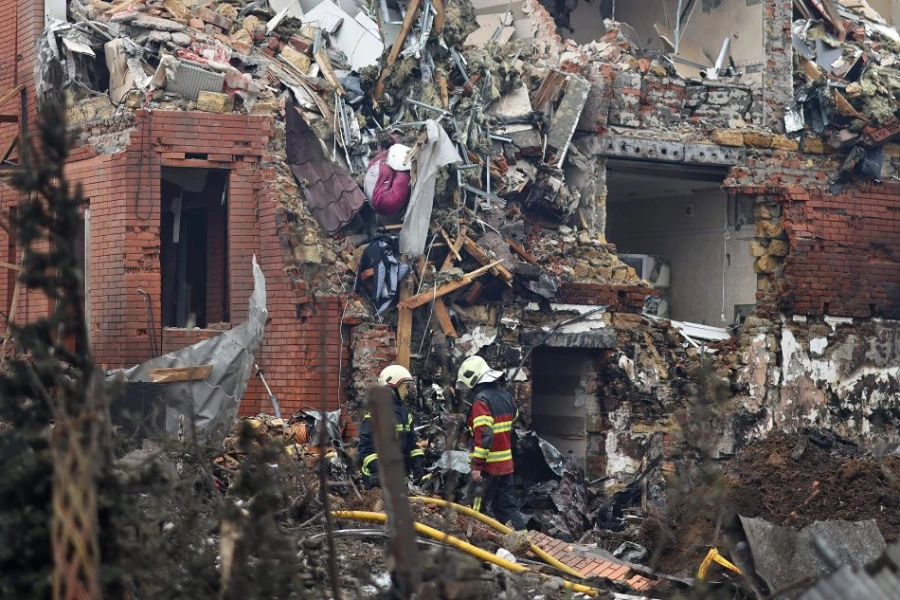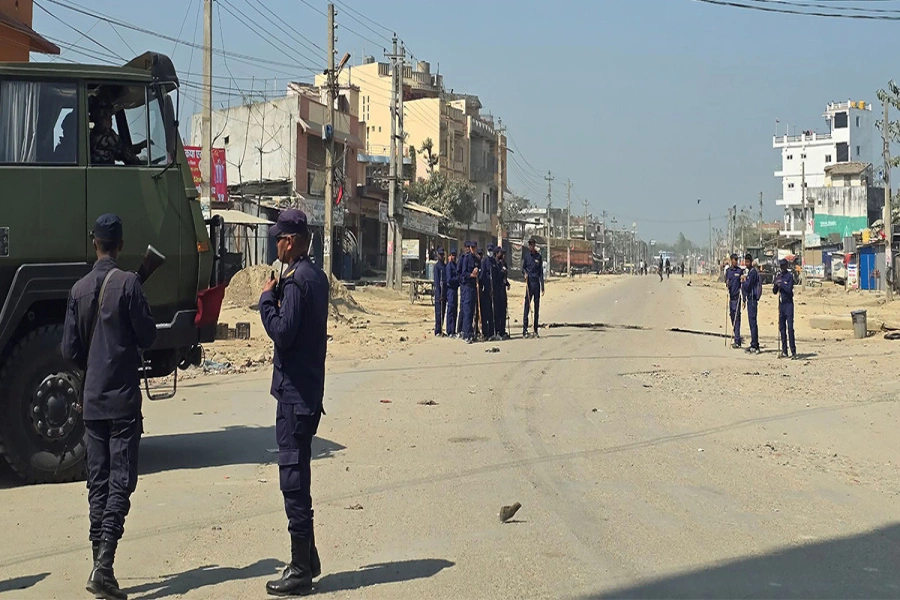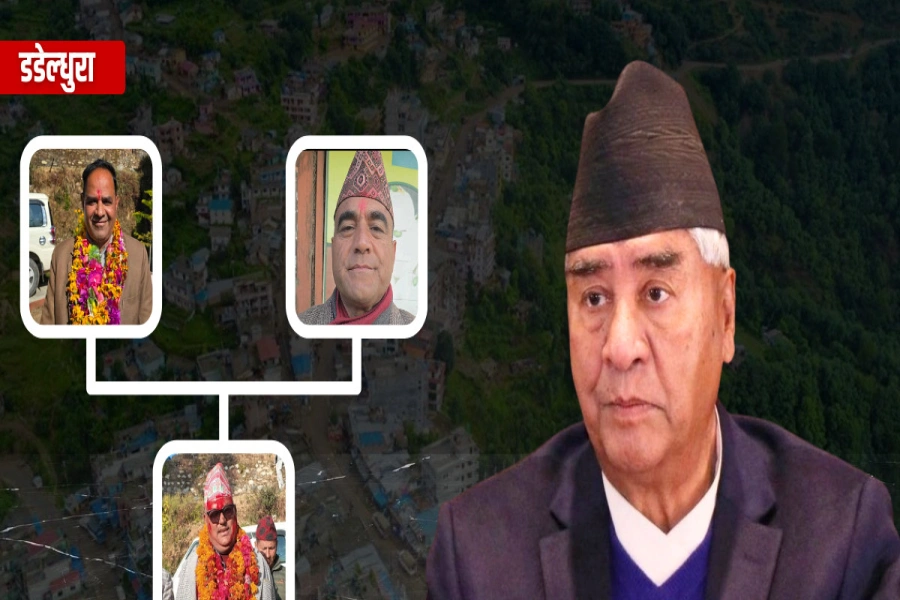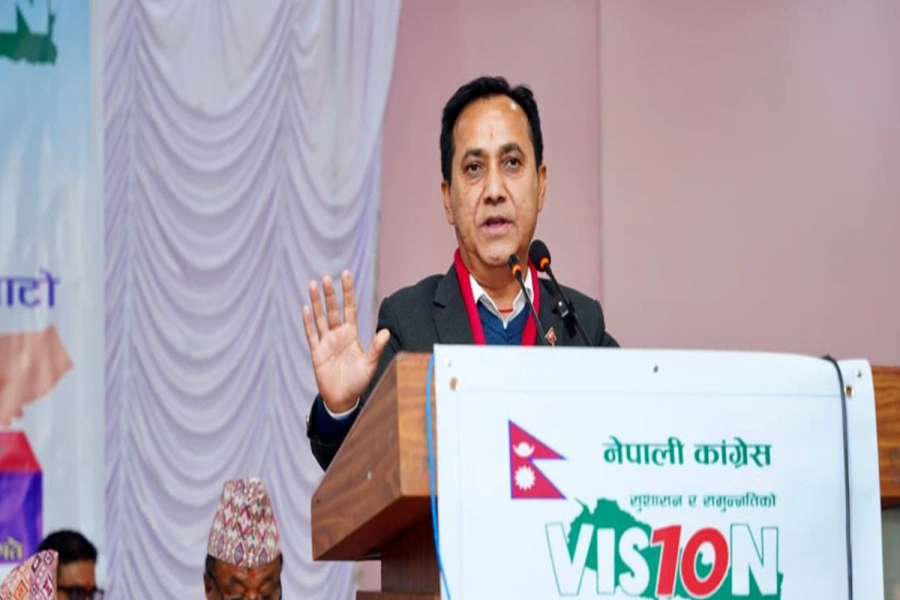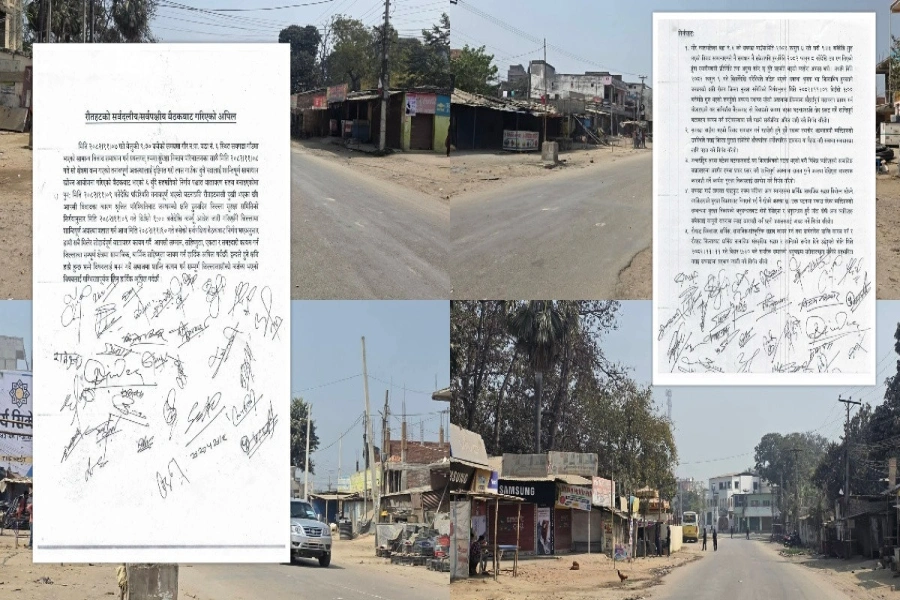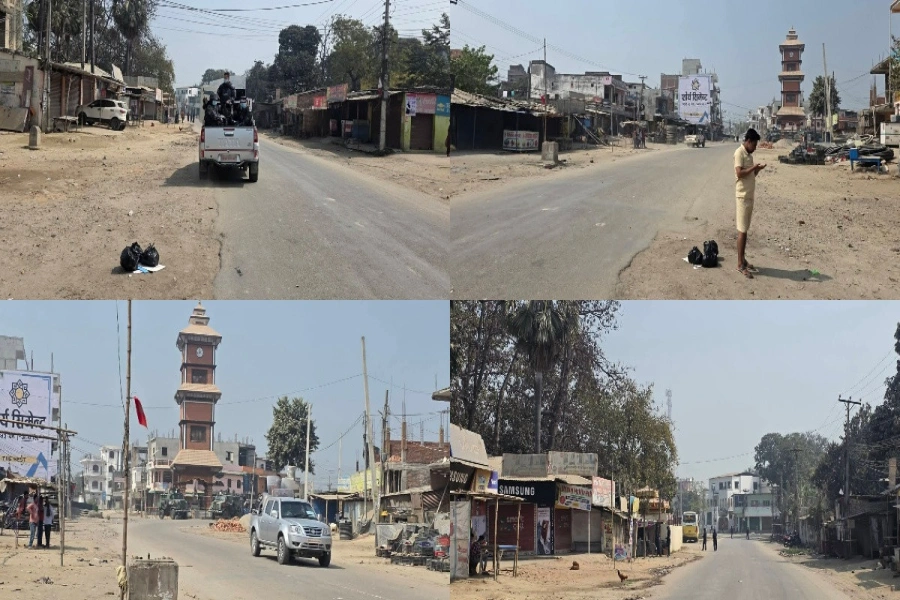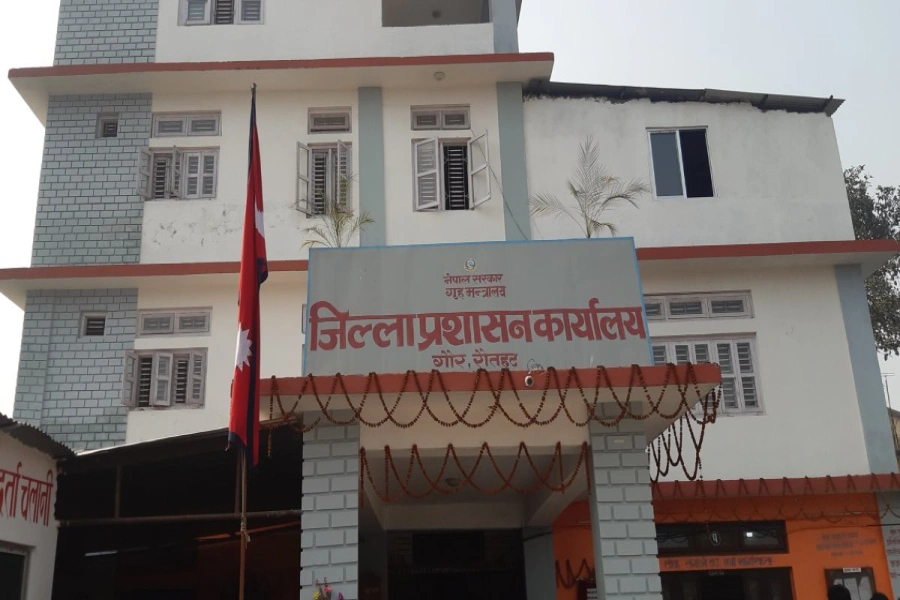KATHMANDU, May 14: Prime Minister KP Oli on Friday took the oath of office and secrecy as the country's 43rd prime minister despite losing a vote of confidence in parliament earlier this week. Since he has been reappointed as the prime minister in his capacity as the leader of the largest political party in parliament, Prime Minister Oli will have to seek a vote of confidence again within the next 30 days. Whether he will be able to win the vote of confidence will determine the country's future political course - midterm elections or a full-term government led by Oli.
Apprehension of midterm elections
Although there are apprehensions that the first choice of Prime Minister Oli is to go for midterm elections, CPN-UML insiders say this is not what Prime Minister Oli wants now. Prime Minister Oli knows well that his party remains vertically divided from center to the local level despite the fact that he is closer to reaching consensus with the Nepal-led faction. This divide is less likely to be bridged until a fresh general convention is held. UML leaders - even those close to Oli - admit that the intraparty rift that exists between him and the Nepal-led faction in the party is less likely to benefit the UML in the midterm elections.
PM Oli dissolves parliament, announces midterm elections in Nov...

During the last parliamentary election, the ruling UML and CPN (Maoist Center) had forged an electoral alliance, enabling them to secure nearly two-third majority seats in parliament. The CPN-UML alone was able to secure victory in 121 seats in the 275-member federal parliament. The main opposition party, Nepali Congress, was reduced to a party with just 63 seats. Also, the UML-led government currently faces widespread criticisms as there is growing dissatisfaction among people over its poor handling of the COVID-19 pandemic and weak governance. "Why would you go for fresh elections if you are not sure that you would gain additional strength in parliament?" rightly asks an UML leader close to the establishment faction.
While the UML - the Oli-led establishment faction, at least - is not keen to go for midterm elections, the Janata Samajbadi Party (JSP) that paved the way for Oli to be appointed again as the prime minister in his capacity as the leader of the largest political party in parliament is not keen to go for midterm elections, either. The JSP is a divided house despite a formal unification reached among various six Madhes-based parties. The party is yet to hold a unity general convention and its party committees in districts and villages are in shambles. Power and resources equally play a role in elections. Apparently, Mahanta Thakur and Rajendra Mahato -- two JSP leaders supporting the Oli-led government -- are not willing to go for elections immediately as it has been years since they were not part of the government.
What next now?
Since Prime Minister Oli has taken initiatives to resolve intraparty differences seen with the Nepal-led faction of the party, the lawmakers close to the Nepal-led faction are less likely to resign en masse as announced earlier. This is likely to keep the UML's 121 lawmakers intact. This means that Prime Minister Oli will be short of only 15 lawmakers to form a majority government if we take into account the current 271 members of parliament.
UML party insiders say Prime Minister Oli is in a position to form a majority government as he is in a position to easily solicit the support of the Thakur and Mahato-led faction of JSP that commands the support of at least 16 lawmakers in the party. One lawmaker each of Rastriya Prajatantra Party and Nepal Workers and Peasants Party (NWPP) will also be extending their support to the government.
JSP leader Keshav Jha said his party is likely to join the KP Oli-led government if their demands are met. Prime Minister Oli also appears confident that the Thakur and Mahato-led faction of the JSP at least will support him in the new vote of confidence. In fact, Prime Minister Oli had asked for the names of ministers to be inducted in his new cabinet on Thursday. But Thakur and Mahato said that they would be part of the government only after their demands were addressed first.
Given that Prime Minister Oli is in a position to easily muster the support of 136 lawmakers in parliament, the chances of going for midterm elections appear less likely. "The prospect of midterm elections was high until a few days ago. But with the Madhav Kumar Nepal-led faction of the party coming to consensus, the prospect of forming a majority government with the support of a faction of JSP is high," said a UML leader close to the establishment faction, asking not to be named. If that comes true, Oli will be leading a coalition government for the next 18 months before taking the country to fresh general elections.



